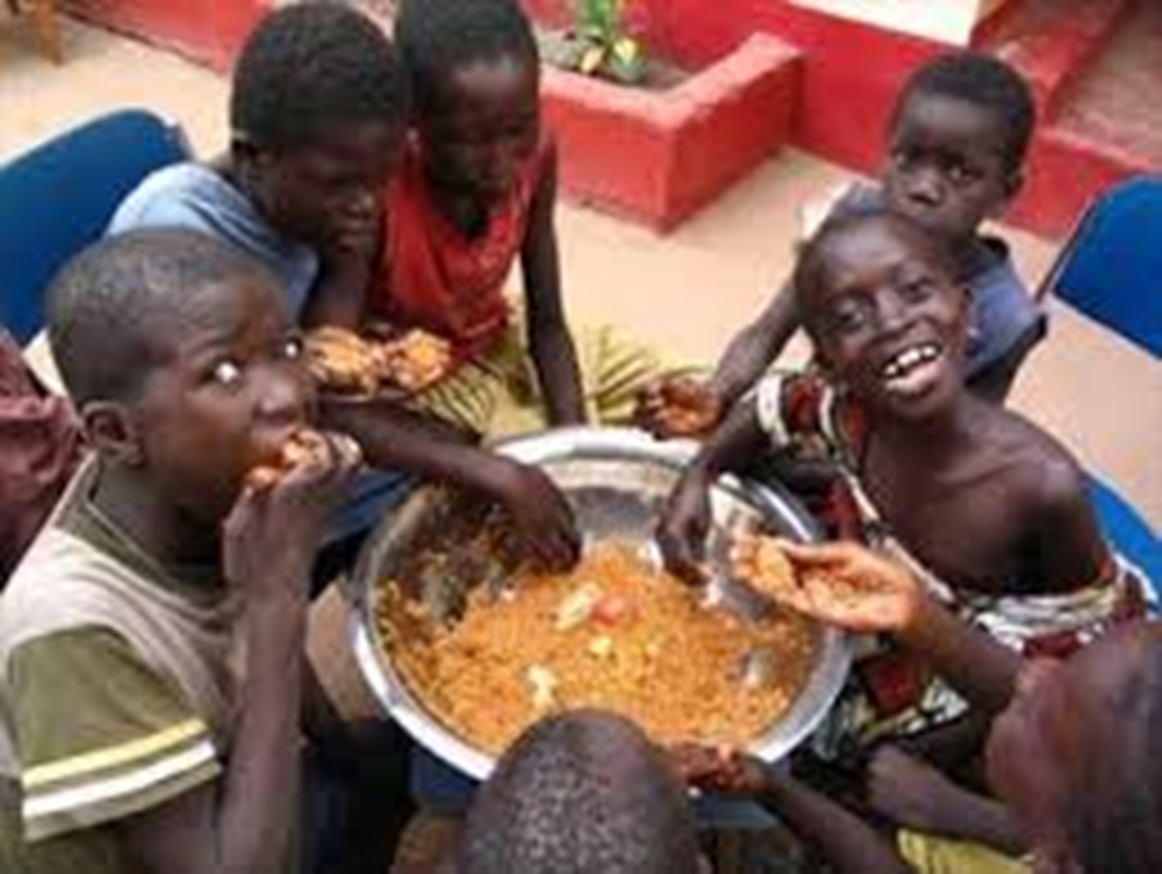By Tolulope Aina
A new report warns that millions of people in Sierra Leone, alongside other West African nations, are at risk of hunger during the upcoming lean season (June-August 2024).
The Cadre Harmonisé food security analysis, released in March 2024, estimates nearly 55 million people across West and Central Africa will struggle to put food on the table. This figure represents a significant increase – four million more people compared to previous forecasts – and a worrying fourfold rise over the past five years.
While conflict remains a concern in some areas, the report highlights a worrying shift. Economic challenges like soaring inflation, currency devaluation, and stagnant agricultural production are now major drivers of food insecurity, impacting ordinary Sierra Leoneans alongside people in countries like Nigeria, Ghana, and Mali.
The cost of staple foods has skyrocketed, with prices rising between 10% and over 100% compared to the five-year average. Factors like inflation, high transport costs, and regional trade barriers are all contributing to this price surge.
Sierra Leone, along with other West African nations, relies heavily on food imports. However, due to currency depreciation and high inflation, the cost of importing food is also rising. This situation is further complicated by limited government resources and broader economic challenges.
The report also raises concerns about cereal production, which is projected to fall short by 12 million tons for the current agricultural season. This translates to a two percent decline in the per capita availability of cereals compared to the previous year.
“Immediate action is crucial,” urges Margot Vandervelden, WFP’s acting regional director for Western Africa. International organizations are calling for all partners to work together to implement innovative solutions and prevent the situation from worsening.
Malnutrition rates in the region are already alarmingly high. Millions of children under five are acutely malnourished, and many households struggle to afford healthy diets. Urgent action is needed to ensure access to nutritious food for all Sierra Leoneans, especially children and vulnerable populations.
The report concludes with a call for collaboration between national governments, international organizations, civil society, and the private sector. Implementing sustainable solutions to strengthen food security, improve agricultural productivity, and mitigate the impact of economic challenges is critical. Only through collective action can the fundamental right to food be upheld for all Sierra Leoneans.













